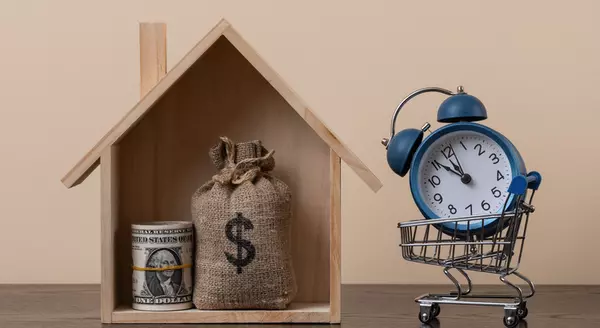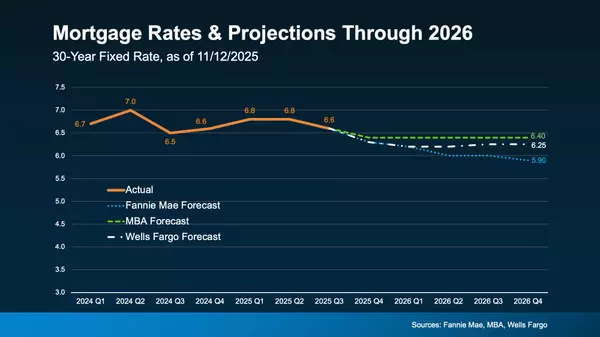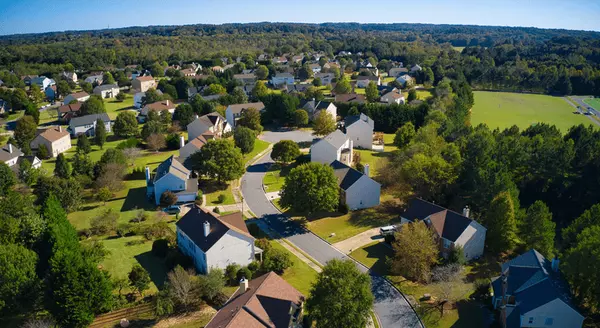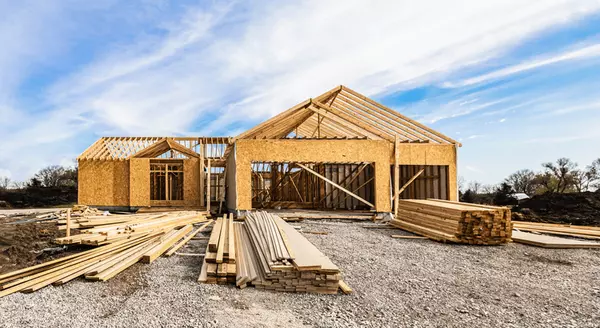
The Latest on the Luxury Home Market
Luxury living is about more than just stunning views and cutting-edge smart home technology—it's about elevating your lifestyle. And if you're in the market for a million-dollar home, now is an excellent time to explore the thriving luxury market. Here's why. The Number of Luxury Homes Is Growing Th

Today’s Biggest Housing Market Myths
Have you ever heard the phrase: don’t believe everything you hear? That’s especially true if you’re thinking about buying or selling a home in today’s housing market. There’s a lot of misinformation out there. And right now, making sure you have someone you can go to for trustworthy information is e

Not a Crash: 3 Graphs That Show How Today’s Inventory Differs from 2008
Even if you didn't own a home at the time, you probably remember the housing crisis in 2008. That crash impacted the lives of countless people, and many now live with the worry that something like that could happen again. But rest easy, because things are different than they were back then. As Busin
Categories
Recent Posts










